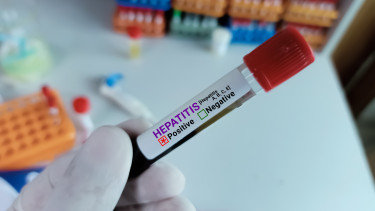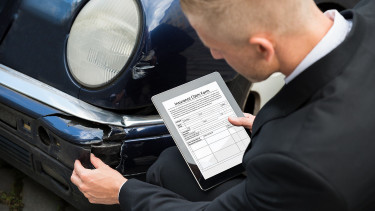EU funds
Hungary to reduce waste through new strategy
As a potential solution, Palkovics mentioned the selective collection of communal waste. "There is still a lot to do in this area, there are technical reuirements as well, and we also have to raise awareness that waste is a resource, not trash," he said. The economic background for waste material recycling is not very strong in Hungary at present, but there have been major developments, Palkovics added.
It is also important in the case of waste not directly reusable that as little as possible end up in landfills as some of this waster can be used for energy, Palkovics pointed out.
European Commissioner for the Environment Karmenu Vella called attention to EU funding schemes such as LIFE or Horizon2020 and emphasised that the EU would provide further financial support to Hungary as it builds the framework for its national circular economy.
It is also important in the case of waste not directly reusable that as little as possible end up in landfills as some of this waster can be used for energy, Palkovics pointed out.
Hungary does not wish to increase its waste incineration capacities but would upgrade existing plants so that they are able to operate at a much higher efficiency and at reduced or no environmental impact,
the minister said in an accompanying material released through state newswire MTI. Also, the EU offers considerable funding to waste management research, so the ministry is looking at setting up the required background for that, Palkovics added.European Commissioner for the Environment Karmenu Vella called attention to EU funding schemes such as LIFE or Horizon2020 and emphasised that the EU would provide further financial support to Hungary as it builds the framework for its national circular economy.

This article is part of the work programme titled "The impacts of EU cohesion policy in Hungary - Present and Future" which is carried out by Net Média Zrt., the publisher of Portfolio.hu, between 1st April 2019 and 31st March 2020 with European Union financing. The views in this article solely reflect the opinions of the author. The European Commission as the funding entity does not take any responsibility for the use of information presented in this article.















